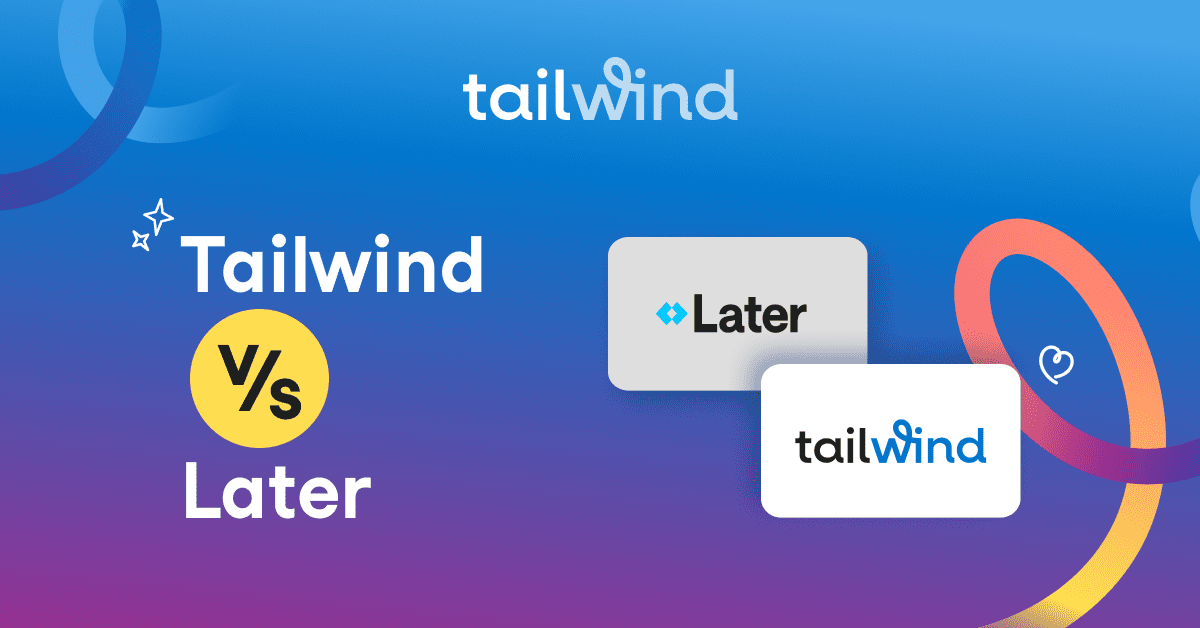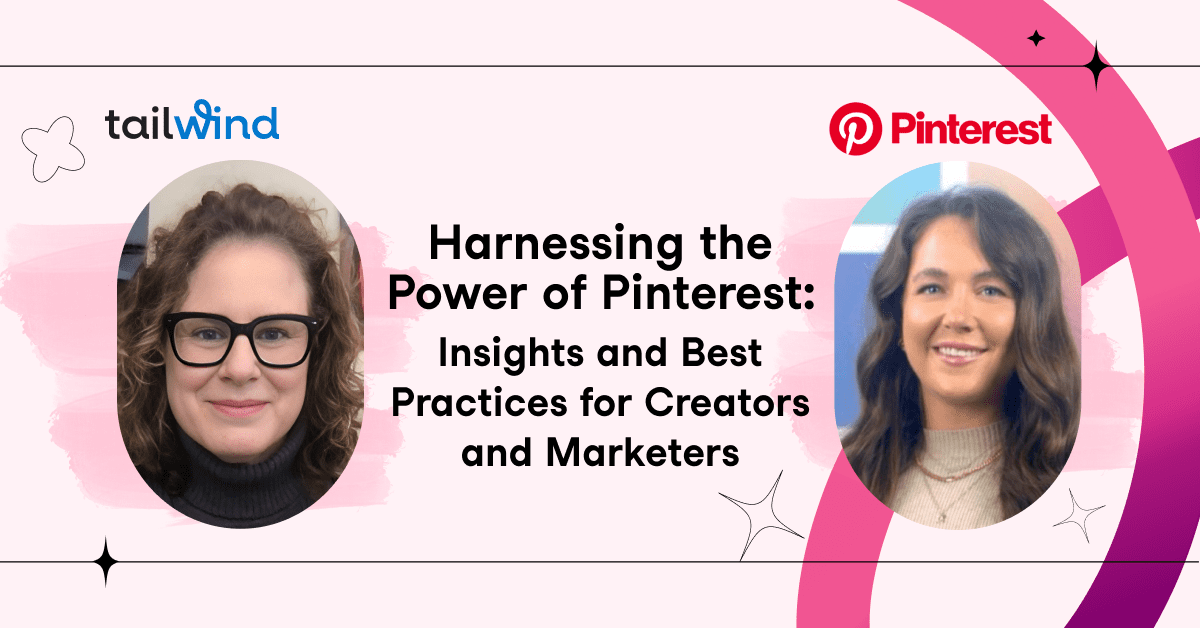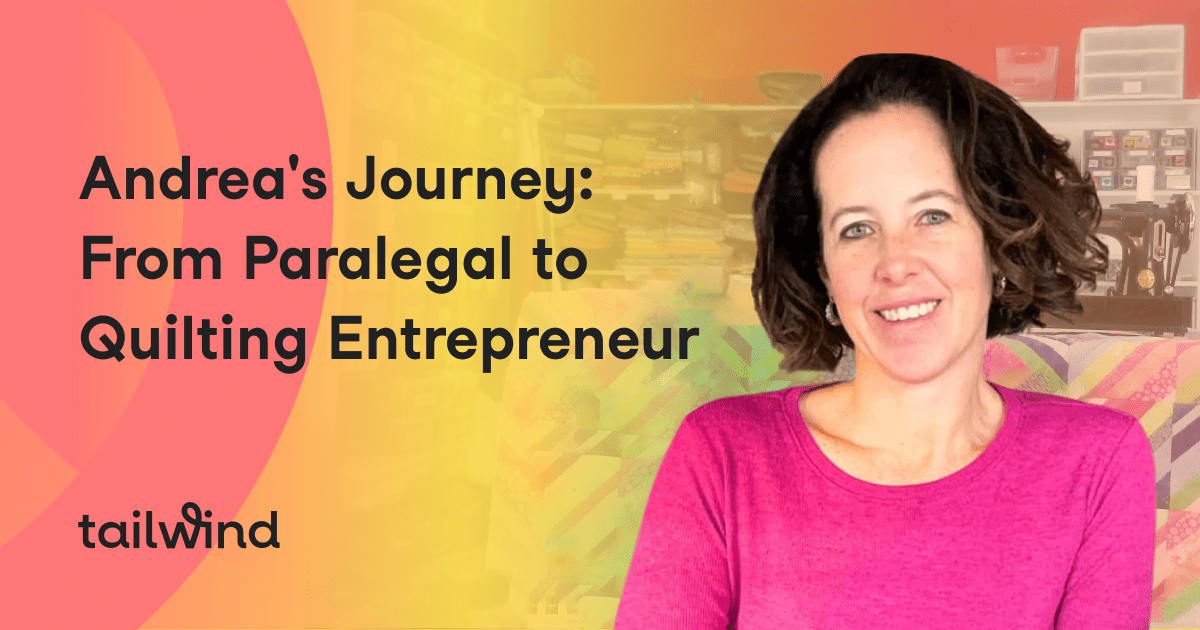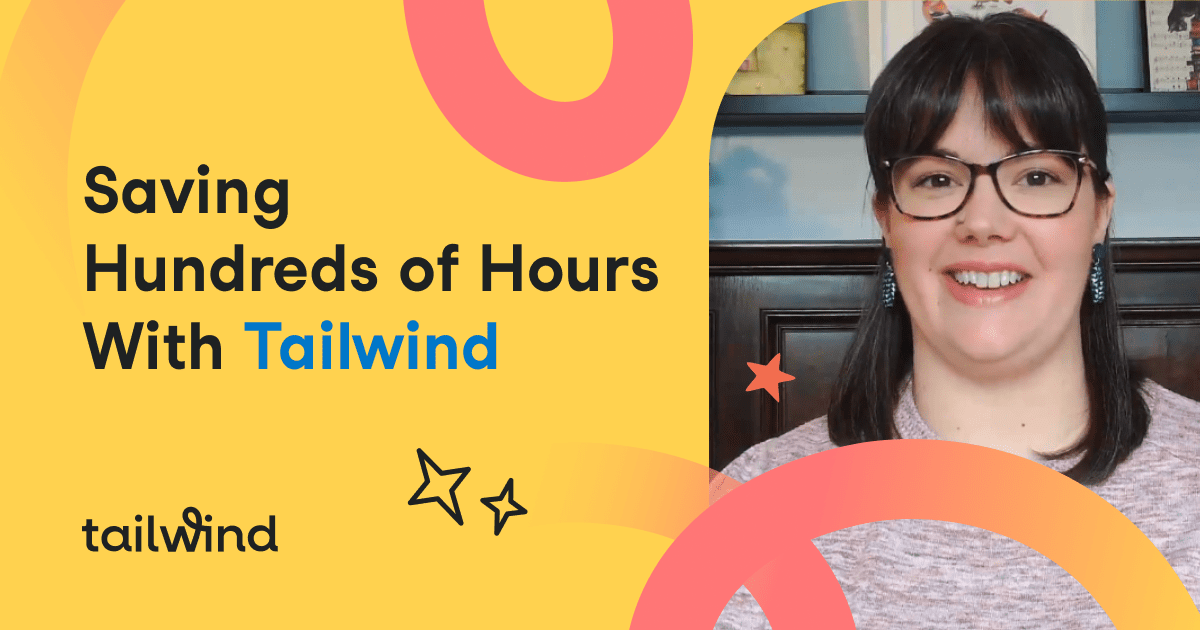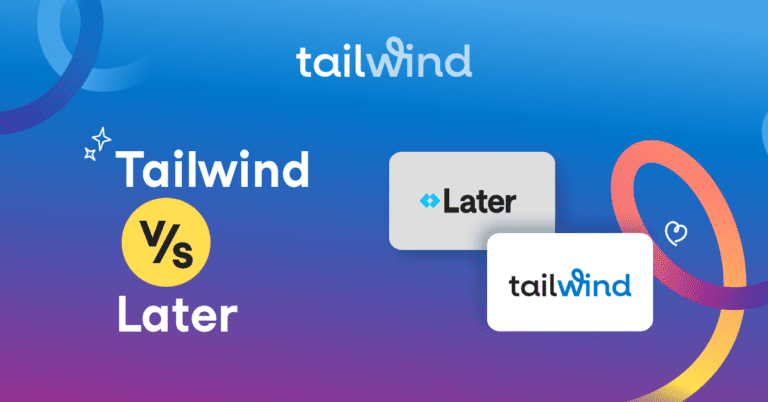
I sat down with the co-owners of Duo Collective and real-life besties Abbey Oslin and Courtney Peterson to talk about starting a business together, and what that journey looked like.
Spoiler alert: It’s FASCINATING.
Courtney and Abbey are absolutely magnetic, and a big part of that is due to them being experts in the marketing field and having several years of related experience.
But I believe they’re even more magnetic and capable because they didn’t start Duo Collective alone, they each did it with their best friend. And not just any best friend, but a person whose strengths balance out the other’s weaknesses!
Abbey is a left-brained individual who loves SEO, strategy, and writing. While Courtney is a right-brained creative, who is a design guru. And together, they not only have two big pieces of the puzzle required for successfully running a business, but they also have a close relationship based on love and respect.
Their story of co-workers turned best friends, turned co-owners of a growing and thriving business shows that the most sustainable way of following your passion is by delegating and creating a sustainable business from the very beginning.
And that sometimes the right person comes along to help put the pieces together. ❤️
While not everyone would be down to start a business with their bestie, Abbey and Courtney show that it is not only possible, but it makes the process more fun and much easier!
When starting a business with someone else, there may be some uncomfortable moments of growth and difficult conversations. But having someone to do business with can make the process and experience much more doable.
Read on to find out what that looked like for this dynamic duo!

What external events brought you two into business together?
Abbey: We worked separately and together at an agency full-time for eight-plus years on many different clients. Courtney has always run the creative side, and I’ve always been on the account side.
So naturally, we just worked day in and out together and realized we could do what we were doing on our own for different types of clients that we felt more passionate about.
So it started as a working relationship, turned into a friendship, turned into a friendship work relationship.
Had you been planning on one day starting a business together or was the opportunity a pleasant surprise?
Courtney: It was never our plan to work together. It just fell into place.
We would go on coffee walks all the time while we were at work. And we would ideate, ‘hey, we have these skills. We are craving something bigger, better for ourselves. What does that look like?’
And Abbey, one day was like, well, you can do this, and I can do this. You’ve got the creative side. I’ve got the analytical strategy side.
Why don’t we just combine what we do here, but for our own business? And I looked at her, and I was like, wow, that’s genius.
Abbey: We were like, let’s start a coffee shop. Let’s create a shirt company. There were a billion ideas, and we actually had a client come to us that turned out to be the perfect opportunity where we were like, ‘Hey, let’s try it and see how it goes.’ And then there was no going back.

What have been some benefits of going into business with your best friend?
Abbey: A lot. It’s so natural to have that separation of work and personal life, and then when they blend, sometimes it can be confusing and tricky.
But for us, it’s just a natural blend of work in our lives and doing the things we love, and we don’t need to switch it on and off.
One of the best things is that we can ebb and flow with what’s happening in our lives right now.
Courtney: Right. It’s very flexible. We can work when we want, turn it off when we want. We talk every day. We’re basically married, I would say at this point.
So it was nice to have that flexibility and know that if you’re riding and getting going on a project, you don’t need to stop. You can keep going, or you can take a break whenever you want. You’re not restricted to the nine to five.

How do you preserve and maintain your friendship while also co-owning a business?
Courtney: I would say that the main thing comes down to the communication part of it. And sometimes the communication can get hard or a little weird and you need to have those hard conversations.
At the beginning of our business, I think it was hard for us to get to that point where we’re like, “ooh, I don’t necessarily feel comfortable with this.” Or “I don’t necessarily want to focus on that.”
In the beginning, it was a little rough, but then we ended up getting a business coach and she helped us talk through that and how to manage it. And we’ve had tough conversations since, but they’re not awkward anymore
Abbey: I think it’s essential to over-communicate everything. We tell each other when we’re going grocery shopping, which might seem silly, but at the same time, you might be like, I don’t know what they’re working on right now, or I don’t know what they’re doing.
And then maybe you go into a spiral of, well are they going to do this thing that I think they’re going to do?
And it’s like, just ask and keep the lines of communication open. And as long as you do that, then you know what’s going on and you don’t have those thoughts constantly going in your head.
So I think that’s been our thing. We over-communicate everything and it works great.
How do you navigate challenges whether in your business or between you both and come out stronger?
Abbey: Communicate. We talk through them. It’s the theme of the story, but I feel like every time we hit a roadblock, we’ll figure out how to navigate the roadblock at that time, but then we’ll go back and figure out what we can do better next time.
Say we had a new project, and the timeline didn’t go how we wanted it to. Afterward, we’ll figure out how to fix it rather than dwell on the moment.
We just talk to each other before, during, and after at all points. Just to make sure we’re both on the same page.
Courtney: And it’s funny because our communication line is open from text messaging to calling, Snapchatting, and voice messaging.
If there’s any form of communication out there, we’ve probably done it.
Abbey: Yeah. And it’s back and forth. We might start a conversation on Snapchat, and then we’ll finish in Google chat or Hangout.
We use a lot of systems that help us with that. Anything important that’s happening, we know we’re going to put it in Asana, or we’re going to use Tailwind to help us plan social.
If we have an idea, we’ll put it in there. And we’ll use different tools to make that come to life.

What are some of your favorite platforms you use to communicate and plan content?
Courtney: Well, obviously Tailwind. We use that every single day for Instagram and Pinterest.
Abbey: That’s how we navigate everything when it comes to social between the two of us. I’ll do the copy and the captions, and she’ll do the visually aesthetic feed and dropping things in. It’s a perfect collaboration.
We also use Asana. It’s our favorite project management platform. We can assign things to each other, so we both know what each other is doing.
We have priority boards that will be like, “Here are our priorities for the week.” And we both have a line of sight to the stuff happening, which makes it really easy. And everything else we use is pretty much Google.
From launching to managing, do you think starting a business with someone else makes it easier or more difficult?
Courtney: I would 1000% say easier. Abbey and I both individually freelanced before we came together and started Duo.
When I was doing freelance design, that was always my goal to get out, have my own business, and do it myself.
And I found that was really hard. It’s a little lonely because it’s just you, and you don’t have somebody sitting there motivating you or constantly pushing you, setting goals together, moving your business forward.
So I would say going into business with a partner is a whole lot easier than doing it solo.
Abbey: Yeah. I feel like, naturally, everyone goes through it. When you’re running your own business, you have these perfect high weeks where you’re like, “I can conquer the world, and this is going to be amazing.”
And then you have those low weeks where you’re like, “What am I doing? Why am I even doing this.”
And we balance each other out because very rarely are we ever both in a low phase. One of us can help pull each other out. So it really helps, especially in those early days of running a business, when you are questioning a lot more often, “Why am I doing this?”
You have someone else to keep pushing, challenging you, and getting you to do that one step further.
Courtney: I think it also helped a lot because I’ve got more of the creative side, and she’s got more of that analytical side. Some of the things that she wouldn’t necessarily want to work on are what I get excited about and want to work on and vice versa. So that helped a lot.
Abbey: And I feel us already being a partnership naturally creates more partnerships in connection with other businesses and opportunities to work together. So it’s just kind of fun.
What tips do you have for successfully starting a business with someone else?
Abbey: I think assigning roles, even if it might seem so silly to be like, “Your job is to do this.”
I think just the clarity in defining the roles of who owns what is so important because there are so many hats to wear.
Even though there are two of us, it still feels there are double the duties we have to do. So clearly assigned roles helps with that.
And I think also breaking it down into tiny steps. It can feel so overwhelming just to start a business because you’re like, “Oh, we need all of this stuff, and we can’t go live until all this stuff is done.”
But we just took it one step at a time. Today let’s buy the LLC. Tomorrow, we’ll secure the domain. The next day we’ll start an Instagram.
Just do things step by step, and then naturally you’ll get there rather than just being like, “I have to do this all, but I have to wait until I’m ready.”
Courtney: It makes it a lot less overwhelming at the beginning. And then taking those baby steps with all of those little things was fun because you’re like, “Oh my gosh, we have the LLC. Now let’s secure that domain.” So then, the next day, you secure the domain.
Every day it’s just this added addition of fun, and you can slowly see your business grow. And it makes it, like Abbey said, a lot less overwhelming.
Abbey: And I’d say we started our business without anything. We took on a client at the very beginning, and I don’t even know what we did for our contract. I’m sure we just did something in a word document, but we just st

With what you know now, would you go back and do it all over again? If so, what would you do differently?
Abbey: We see this a lot with our clients too, a lot of people are new moms, or their family dynamics are changing, or there’s some significant life shift. They’re getting married, or something’s happening.
But there’s a big shift in their life where they want to reprioritize things that are happening. And they realize their work isn’t what they loved anymore.
That naturally happened for me too. I had just come back from maternity leave, and I was like, “I don’t love this. If I’m leaving my baby at home, I want to be doing something I love.”
I think we’d both say that we would do it a billion times over again. Yeah. We wish we would’ve done it sooner. I feel like everyone says that when they start a business, you wish you would’ve done it sooner.
What’s your process individually and as a team for your course creation and coaching? Do you guys collaborate or is it pretty individualized?
Courtney: So it goes both ways, I would say. And it depends on what course or what project we’re working on. But like we said before, I’m on the creative side; she’s on the strategy side.
When it comes to the actual services we provide, Abbey is the SEO genius nerd. And I dabble in it, but I don’t know nearly as much as her.
And then, I am the branding nerd, and I create all the visuals, the brand assets, and the style guides. Then when it comes to social, we are; actually, I would say 50-50 s far as the strategy and creativity for our packages.
Abbey: I’ll do a lot of the initial research. The SEO research and the analytical stuff in advance. Courtney will then build the creative that reads into all of that. And then we come together to deliver the final product.
So yeah, it is like a collaboration of sorts, depending on some of our client projects, like the really SEO-heavy ones are way more on my side. And then some of the really heavy branding ones are way more on Courtney’s side.
So it kind of balances each other out, which is pretty nice.
Courtney: And the funny thing is we never send anything off to a client without getting the eyes of the other person on it. So she’ll send me SEO stuff, I’ll send her branding stuff, and we’ll make sure that we’re both aligned to everything before we present it to the clients.
What is each of your favorite things to do in the business?
Courtney: I would say mine is social. I love the social world. And when reels came around, I was like, oh my gosh, we have to start doing these and figure it out.
Being in Tailwind every week and making sure the grid looks quote unquote as perfect as I can make it. I would say, yeah, social is my baby and the thing I like to focus on the most.
Abbey: I truly love to create SEO-focused content for our business. I’d say blogging, finding partnerships, and finding those opportunities. That’s one of my favorite things.
I love our clients to death, but if we can sit down and work on our brand, it brings us so much joy to ensure we’ve slotted time in our calendar to focus on ourselves.
What advice would you give to someone wanting to venture into business ownership but feels like life is too busy?
Courtney: I would say that life is always going to be too busy. There’s never going to be a time where you slow down. I think we’re all guilty of being like, oh, well, next week I’m going to start that workout routine. And next week I’m going to do this and that.
The next week comes and goes, and you’re like, well, shoot, I didn’t do it. You’re going to do that with starting a business too.
I would say just start, you have to, and baby steps. You have to take these tiny steps to get there, so you don’t overwhelm yourself or scare yourself out of doing it.
And do it. Just jump on the opportunity and do it.
Abbey: I think setting dates and deadlines for yourself, we do that for our business. We have to set deadlines for when we’re going to do something because you can constantly push stuff off.
So you set a date, and even before you do it, tell someone else you’re doing this because then it gives you accountability to follow through.
Whether that’s a post on your social page or you say, hey, I’m going to do this. Sometimes, that gives you the nudge you need, the reminder, and the accountability to follow through.
Courtney: And I would say don’t let anybody scare you. Don’t let people sit there and tell you that you can’t do it or that starting your own business is way too hard or you’ll never succeed.
Because that’s not true, like we said earlier, we both wish we would’ve done this years ago and quit our full-time gigs. You just have to trust in yourself and that you can do it and just go forward with it.
Abbey: Yeah. I think a lot of times we’re too worried about what other people will think of us. Like, what if I fail, or will my old coworkers think I’m a fraud. You worry too much about what other people think, rather than just taking the leap and being like, who cares?
What we should worry about more is what we think of ourselves. If in the future you are going to regret not taking that opportunity, that feeling is more important than what so-and-so from five years ago thinks of what you’re doing now.
From a business perspective, what made you decide to use Tailwind?
Courtney: Efficiency. I would say that’s number one. We started off manually posting every day, and that got to be so hard, especially with me doing the creative visual side of it, coming up with the ideas, and then having her write the content for it.
We would be bothering each other every day about one Instagram post, which got to be a little ridiculous. And then it’s hard to plan ahead.
So, I would say it’s the efficiency and the planning. I’m a freak about what our feed looks like, and with Tailwind, I can see what it looks like a month in advance.
For me, those are the big things that Tailwind has offered that we have loved—and just setting and forgetting it.
We know when it’s going to go live and when it’s going to post from an Instagram perspective, so we jump on our phone, engage, comment, and chat. But Tailwind did all the hard work for us.
Abbey: In addition to that, Pinterest being a search engine in and of itself, was a huge priority for us from a business perspective. Pinterest is the one platform where you don’t need to be present every day; you can literally go in and schedule a month in advance and then forget about it. It’s magical.
Even looking from an analytical perspective, it drives 60 – 80% of the traffic to our website.
As a small business owner, you need that time to take the pressure off of all the day-to-day activities, and that’s the one platform where you’re allowed to do that.
What’s your favorite Tailwind feature and why?
Abbey: Pinterest overall. It’s just a set and forget it thing. It’s amazing. And I’d probably say from a feed layout perspective, being able to view your full Instagram of what your feed’s going to look like is kind of beautiful.
Courtney: I would say that’s what it is for me, seeing what the feed looks like in the future. And then I love that they give you hashtag recommendations, too. And that you can flip through and look at the different hashtags. Because sometimes hashtag research in and of itself can get heavy, and it’s a lot, so it’s nice that they have that in there, as well.
What’s next for the Duo Collective?
Courtney: So many things. We are getting close to a new website, and it’s going to look so much better once we launch.
And then we have hopes to start a podcast. I’m not sure if that will happen this year, but if not, definitely the beginning of next.
Abbey: We need to follow our own advice and put it on the calendar, and then that’ll happen.
We also just launched a beta round of an SEO group coaching program. It’s focused on copywriters and web designers, helping them include SEO in the packages they’re offering to clients because it’s starting to be a non-negotiable when it comes to that work.
We just started week one, and we’re super excited. And hopefully, in 2022, we’ll be opening that up to everyone.

Where You Can Find the Duo Collective
They have lots of amazing free content on their blog if you’d like to follow Courtney and Abbey on their entrepreneurial journey. They also offer coaching services for social, strategy, and design. Along with an SEO Beginners course that dives into what SEO is and how to best use it.
They are a wealth of information in the marketing industry for anyone who wants to start ranking above their competitors!
You can also follow them on Instagram, Facebook, and Pinterest!
[sc name=”pin-me-tailwind-create-cta”]






